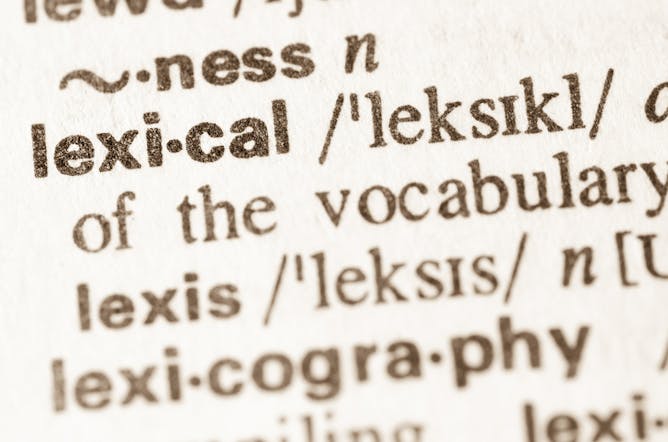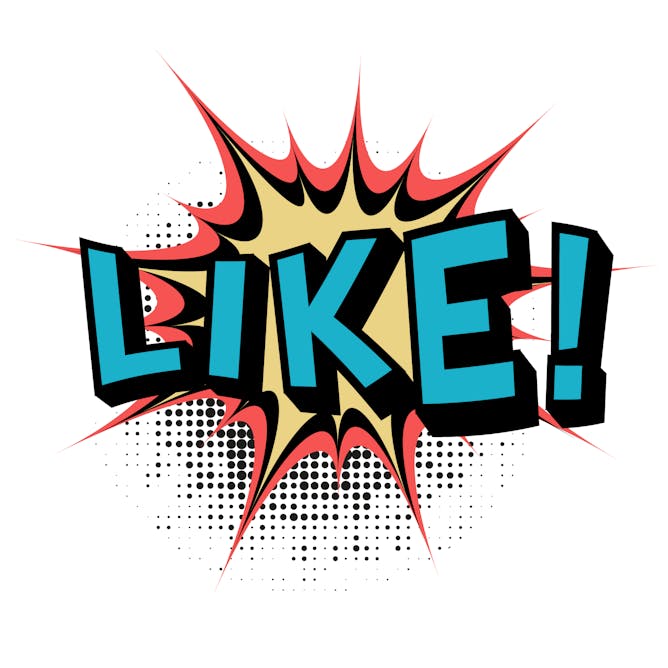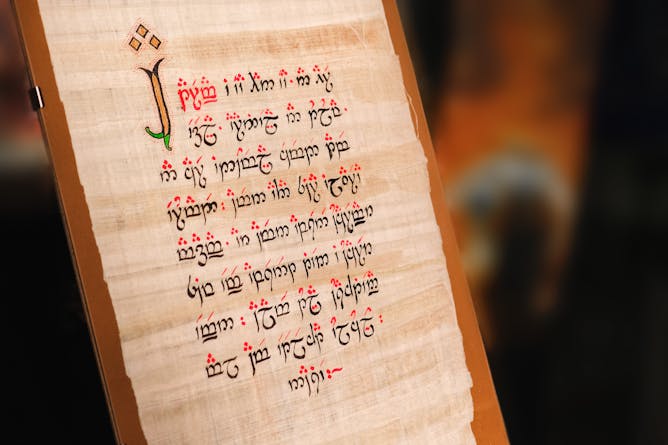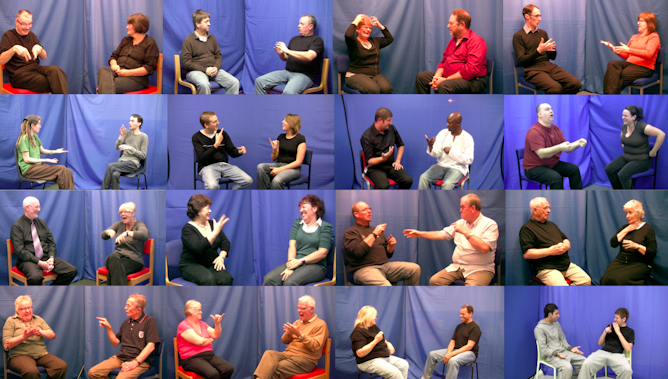|
|
|
Editor's note
|
|
I’m bereft. As a journalist and a pedant – and after years of gleefully correcting other people’s apostrophes – I was horrified to read recently that John Richards, the founder of the Apostrophe Protection Society, like me a former sub-editor, has given up his life’s work, deeming that “the ignorance and laziness present in modern times have won”. Whatever will greengrocers do now?
Language and linguistics are a constant source of great stories for The Conversation. Hardly surprising in a country such as the UK, which is reckoned by linguists to have one of the weirdest languages going with more atypical features than 80% of all other tongues spoken around the world. But no matter where you are from, the language you speak and the way you speak it can say so much about your culture and how it developed over
history.
Of course, what history tells us about the English language is that these days even people whose native tongue it is don’t speak it properly. The language positively teems with words and phrases which
are habitually misused. It’s a generational thing too – how many times have you heard someone (usually of more advanced years) criticise young people for using the word “like” as a punctuation device? But it appears there are rules to that as
well, so pedants should pipe down.
But the great thing about languages is that they are constantly developing to reflect shifts in the way we live. And an array of clever people are coming up with their own, new languages – you may have heard people speaking Klingon on Star Trek or Dothraki and Valyryan on Game of Thrones, but what you may not know is that these languages, created specially for their dramas, have their own grammar, as an expert “Conlanger” explained for us
here. Meanwhile in places as far afield as Korea, locals are adapting English – or Konglish as it’s become known – for everyday use. Even deaf
people are adapting sign language to reflect differences in dialect around the UK.
George Bernard Shaw once said that Britain and America were “two countries separated by a common language”, but I think language both connects and separates everyone in the world, feeding understanding and misunderstanding in equal measures. And that’s what makes it so fascinating.
|
Jonathan Este
Associate Editor, Arts + Culture Editor
|

|
|
|
|

rawf8 via Shutterstock
Rob Drummond, Manchester Metropolitan University
'Greengrocer's' may be in mourning, but the rest of us can sigh with relief.
|

shutterstock
Adam Schembri, University of Birmingham
This explains why some aspects of English can be hard to learn for speakers of other languages.
|

Stark naked? Not quite…
Shutterstock
Simon Horobin, University of Oxford
Pedants should reach for their red pens now.
|

Simon Horobin, University of Oxford
A few of those sayings that most people tend to get wrong.
|

Use it at your peril.
Shutterstock
Rebecca Woods, University of Huddersfield
The word 'like' has a grammar, and by looking at it, we can learn a lot about what 'like' means and what it contributes to someone’s speech.
|

A document in Tengwar, the script of the Elvish languages invented by JRR Tolkien, Dozza, Italy.
Luca Lorenzelli via Shutterstock
Bettina Beinhoff, Anglia Ruskin University
From Lord of the Rings to Game of Thrones, writers and linguists have invented an array of new languages.
|

Juggling Korean, English – and Konglish.
Stockphotomania/Shutterstock
Alexander Baratta, University of Manchester
Konglish is widely spoken in Korea but rather than celebrating it as one of a variety of Englishes used around the world, speakers are often frowned upon.
|

Adam Schembri, University of Birmingham; Kearsy Cormier, UCL
Limited contact between the first British Sign Language communities created dialects that are still in use today.
|
| |
Featured events
|

|
Ron Cooke Hub, Campus East, , York, York, YO10 5GE, United Kingdom of Great Britain and Northern Ireland — University of York
|
|
|
|
| |
| |
| |
| |
| |
|
|
|
|
|
|
|